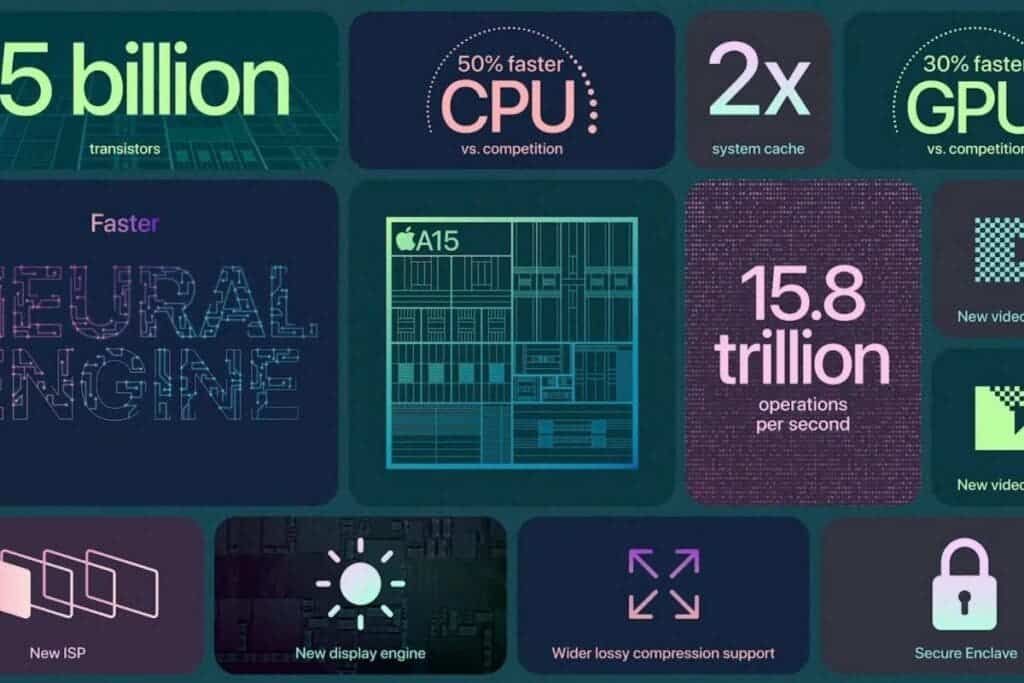Apple's iPhone has been able to stand tall in the market for many years. However, the company largely relies on the two major selling points, the iOS system, and the A-series processors. In particular, the performance of the A-series processors is significantly ahead of the competition. However, as Moore's Law hit its limit, progress in semiconductor technology has become increasingly difficult. The upgrade of Apple's A-series processors may also gradually slow down, which will give competitors a chance to catch up. According to earlier reports, the A16 Bionic processor will continue to use TSMC's 5nm technology. This will be the chip on next year's iPhone 14 series.

The A16 Bionic processor will use TSMC’s N4P process technology. This technology is actually an upgrade of the regular 5nm process. However, it is still below the 4nm process. According to previous reports, Apple’s next-generation processors should use TSMC’s 3nm process. TSMC previously planned to put 3nm process technology into mass production in the second half of 2022. However, TSMC has encountered a bottleneck in the 3nm process technology project and may not be able to put it into mass production on time.
This may mean that next year's Apple iPhone 14 series upgrade focus will not be on its performance. The company will have to improve other parameters like the camera and other hardware. Thus, we should not expect much from the iPhone 14 series in terms of performance. Considering that Apple may use a punch-hole design on the iPhone 14, this will be a major talking point. Recall that Apple has been using the notch design since the iPhone X which arrived in 2017. The company did not change the notch design for four years, before the launch of the iPhone 13 series. Even the iPhone 13 series still come with a notch, only that it is now smaller.
For iPhone fans who go after the performance, this is obviously not a piece of good news. However, this is the reality that we have to accept. However, it is important to note that even if the iPhone 14 series does not focus on performance, it may still far exceed the competition in terms of performance.
Presently, the A-series chips from Apple are about two generations ahead of the Android camp. Thus, it will take more than a year for Android to catch up. In summary, Apple's use of TSMC's 5nm process next year will not have much impact on iPhone sales.






Place comments
0 Comments
You are currently seeing only the comments you are notified about, if you want to see all comments from this post, click the button below.
Show all comments